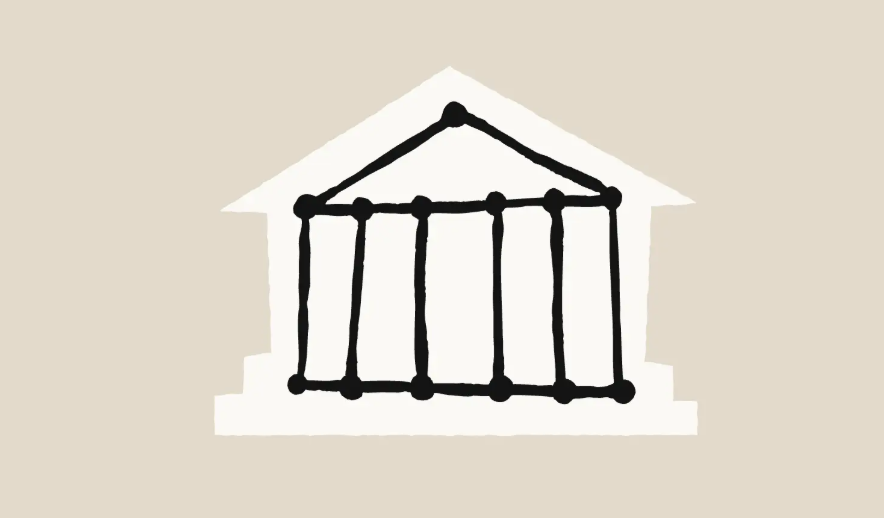In California, the tech company Anthropic is facing a class-action lawsuit, with three authors accusing the company of copyright infringement by allowing their works to be downloaded from a pirated library. On Thursday, a federal judge ruled that Bartz (Andrea Bartz), Graeber (Charles Graeber), and Johnson (Kirk Wallace Johnson) can sue on behalf of all affected American authors. This ruling is seen as another important review of copyright issues in the AI industry when using literary works.
According to the lawsuit documents, Anthropic downloaded up to 7 million works in a manner similar to the early music-sharing platform Napster. These works were used to train their chatbot Claude without authorization, which not only angered the authors but also posed a serious challenge to copyright protection across the industry.

This lawsuit was filed in August last year, with the authors claiming that Anthropic "built a billion-dollar business by stealing hundreds of thousands of copyrighted books." Last month, a federal judge had supported Anthropic's argument, stating that using legally purchased books for AI model training falls under fair use. However, he also noted that Anthropic may face another trial for using pirated books.
It is worth noting that similar copyright disputes are not uncommon in the tech industry. Recently, Reddit also sued Anthropic, accusing its robot of frequently accessing the platform since last July. Anthropic has stated that it has tried to prevent such behavior. These lawsuits highlight the growing tension between the creative industry and AI companies. Creators are protecting their rights through legal means or choosing to collaborate with companies to seek profit sharing.
This lawsuit is not only about the rights of individual authors, but will also affect the future development of the entire creative industry and AI technology. Balancing technological innovation with the protection of creators' copyrights will be an important issue for the industry.
